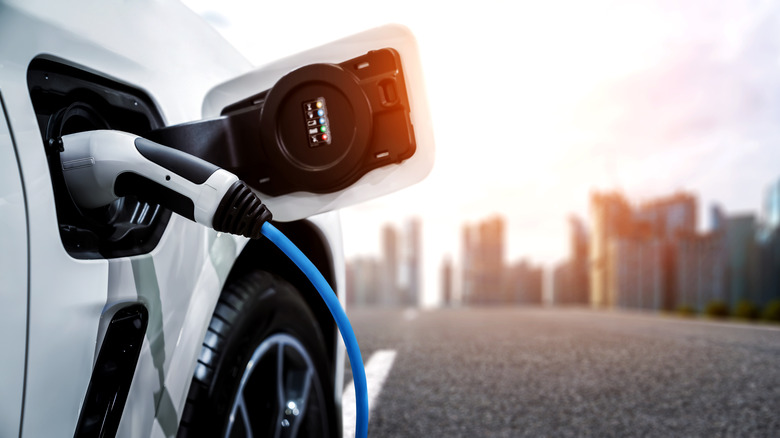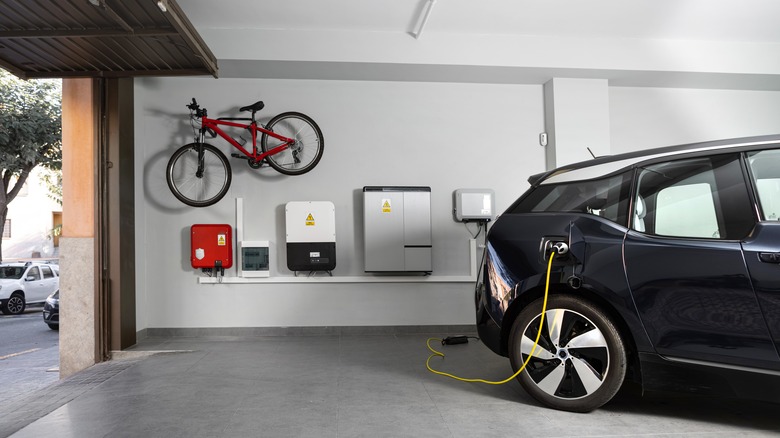How Much Does It Cost To Install An EV Car Charger In Your Home?
As the global climate crisis worsens and as people worldwide are becoming more mindful and aware of their environmental footprint, it's no surprise that more and more people are switching to electric vehicles (EVs).
According to the U.S. Department of Energy, transportation makes up about 30% of total U.S. energy needs and accounts for 70% of the country's total petroleum consumption. Therefore, relying less on traditional modes of transportation and getting more electric vehicles on the road can help lessen the nation's dependence on petroleum while helping to reduce our carbon footprint.
While electric automobiles were once a niche invest, experts say that is likely to change as we continue to tackle the climate crisis in the coming years. According to a survey by accounting and consulting firm KPMG, automotive executives estimate that over half of all cars on the road will be electric by 2030.
As the popularity of these vehicles increases, so do questions about logistics such as charging port availability. Luckily, as availability has expanded in recent years, charging infrastructure has as well. And while more and more businesses are adding EV charging areas to their parking lots, charging your car at home is the most convenient and reliable method.
If you don't have an EV charger at home, here's how much you can expect to pay to have one installed when making the switch.
Installation can be expensive
Investing in emerging technology is usually expensive, and EV chargers are no exception. However, the total cost will depend on what type of charger you purchase.
If you already have a 240-volt circuit available at home, Carvana says that a typical EV charger installation will cost an average of anywhere from $250 to $400. However, running 50-amp dedicated wiring will increase your costs to anywhere from $400 to $1,700. On the other hand, if you are mounting a new station, installing a new service panel, and adding a 240-volt circuit, you can expect your charging port to cost anywhere from $1,500 to $4,500.
Keep in mind that if you do the electrical work yourself, you can install an EV charger at home for far less, as Carvana notes that these average rates are usually in part due to electrician labor costs – which you can expect to be anywhere from $40 to $100 per hour on top of wiring and installation.
Lastly, don't forget to factor in your building permit cost, which can cost anywhere from $50 to about $160, depending on your state.
Incentives for making the switch to electric
Not only are electric vehicles better for the environment, but they will also help you save money at the gas pump.
Though most EVs tend to cost more upfront than traditional gas-powered vehicles, the U.S. Department of Energy notes that the purchase price of electric autos is expected to drop as production increases and battery capabilities evolve.
If you can afford the price of an EV upfront, experts say you can make up the cost in what you save on gas over time. Additionally, according to the U.S. Department of Energy, you can save on the overall cost of upgrading to an electric model thanks to the federal tax credit offered to EV owners. Depending on various qualifying factors, you could be eligible for a tax credit of up to $7,500 if you make the switch to electric. Various states also offer personalized incentives for those making the switch.


